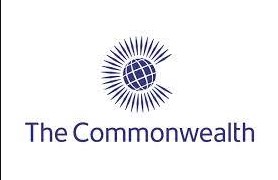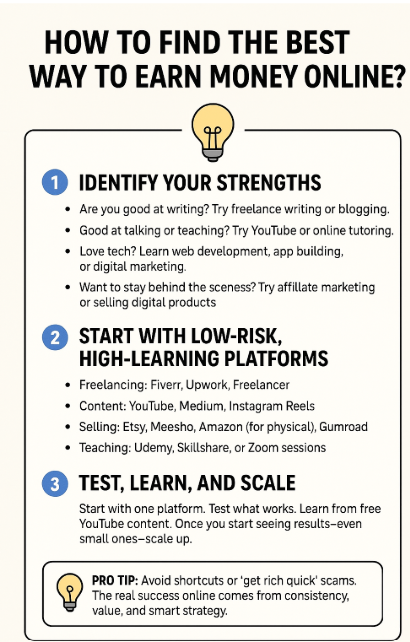Car exhaust filters from waste
June 14, 2025

As we age, there is a gradual loss of muscle mass and strength, a process known as sarcopenia. This can lead to reduced mobility and increased vulnerability to injury. Regular strength training and a protein-rich diet can help mitigate these effects.
Age-related changes, such as a decrease in bone density, can increase the risk of fractures and osteoporosis. Proper nutrition with an emphasis on calcium and vitamin D, along with weight-bearing exercises, are crucial for maintaining bone health.
Metabolism tends to slow down with age, making weight management more challenging. Focusing on a balanced diet, portion control, and staying active is key to maintaining a healthy weight.
Aging is associated with an increased risk of cardiovascular issues, including hypertension and heart disease. Regular exercise, a heart-healthy diet, and regular check-ups can help manage these risks.
Age-related cognitive changes, such as mild memory lapses, are common. Staying mentally active through activities like puzzles and lifelong learning can help keep the mind sharp.
Vision and hearing often decline with age. Regular eye and hearing exams, along with the use of corrective devices, can help maintain these senses.
Arthritis and joint pain become more prevalent as we age. Low-impact exercises, physical therapy, and anti-inflammatory medications can alleviate discomfort.
Dental issues like gum disease and tooth decay are more common among older adults. Regular dental check-ups and good oral hygiene are essential for maintaining dental health.
Age-related changes in the digestive system can lead to issues like constipation and food intolerances. A high-fiber diet and adequate hydration can help prevent these problems.
Seniors are susceptible to mental health challenges like depression and anxiety. Staying socially connected, seeking professional help when needed, and pursuing hobbies are all beneficial for emotional well-being.
The immune system weakens with age, making seniors more susceptible to infections. Staying up to date with vaccinations and maintaining a healthy lifestyle can help boost immunity.
Seniors often take multiple medications. Proper medication management, including consulting with healthcare providers about potential interactions, is crucial for safety and effectiveness.
Understanding the various age-related health changes is the first step in proactively managing one's health as they age. While some changes are inevitable, many can be mitigated or delayed through a combination of healthy lifestyle choices, regular medical check-ups, and support from healthcare professionals. By staying informed and taking a proactive approach, individuals can lead fulfilling and active lives well into their senior years. Age is just a number, and with the right strategies, it's possible to age gracefully and enjoy a high quality of life.

June 14, 2025

June 14, 2025

June 14, 2025

June 14, 2025

June 14, 2025

June 14, 2025

June 14, 2025

June 14, 2025

June 14, 2025

June 14, 2025